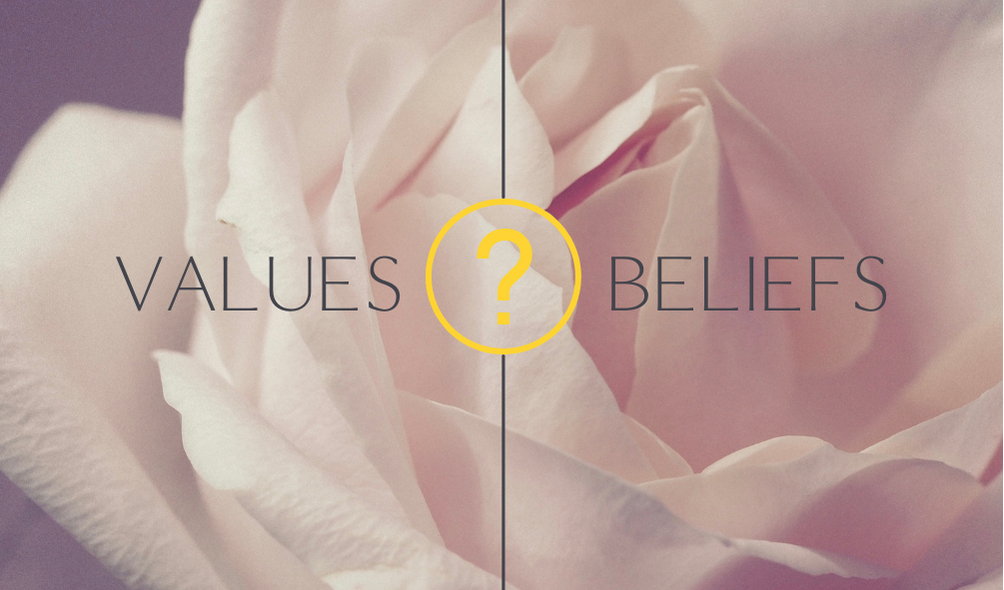Values and Beliefs in Marriage
Values and beliefs in marriage should be identified early on in the relationship. Every marriage experience differences in opinions and perspectives. However, it’s essential to take note when these differences stem from core values and beliefs. It’s not uncommon for each partner to have distinct religious beliefs, which might lead to challenges when one spouse is looking to have shared activities, like attending the same place of worship. This is a familiar scenario in cross-cultural marriages. Other fundamental differences could revolve around child-rearing methods or lessons from their upbringing, such as their understanding of right and wrong. Given that everyone has unique belief systems, morals, and aspirations, these variations can potentially lead to lively discussions or disagreements in a relationship.
Making Concessions
Values and beliefs play a pivotal role in shaping any relationship, acting as the core foundation upon which connections are built. By willingly making concessions, we can maintain harmony and mutual respect in our relationships, thus enabling them to thrive. This harmonious balance achieved through compromise demonstrates the significance of flexibility and understanding in maintaining healthy relationships.
Growth and Dedication
Choosing to confront challenges in a marriage is a forward-thinking decision. It shows that you’re ready to face issues directly, instead of avoiding them or pretending they don’t exist. This method represents growth and dedication, as it includes transparent discussions, empathy, and finding a middle ground. It’s all about taking charge of the relationship’s well-being, and it’s a definitive sign of wanting progress and betterment in the marriage. This action expresses the desire to strengthen the bond of marriage, to develop together, and to nurture a more robust, joyful future as a couple. Many times, the thought of being unequally yoked is a matter of pulling together with an intentional goal to make it last.
Need help getting your marriage back on track? Schedule a free consultation.






